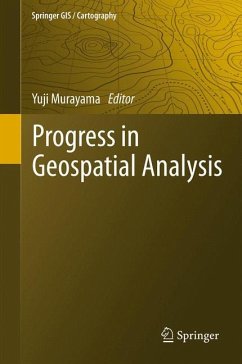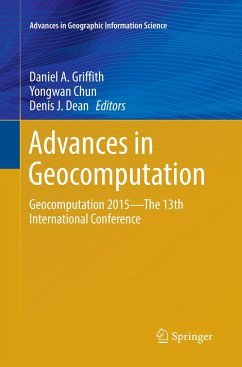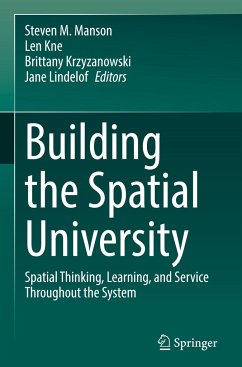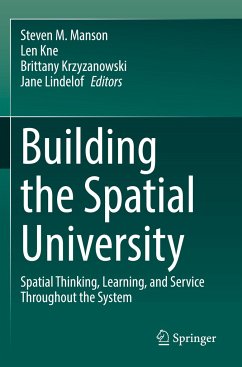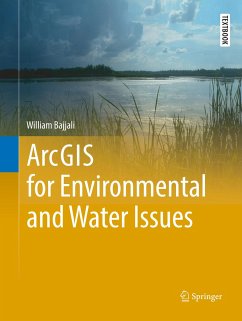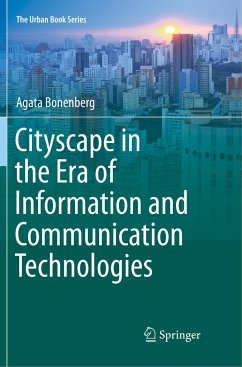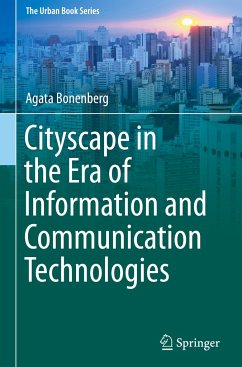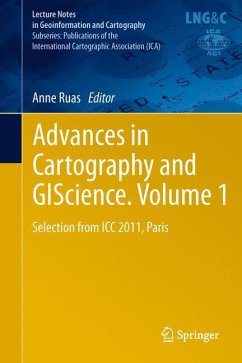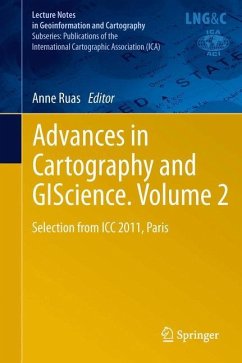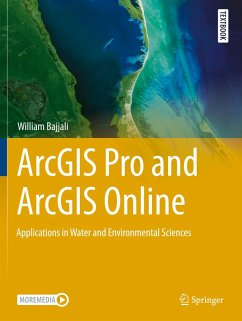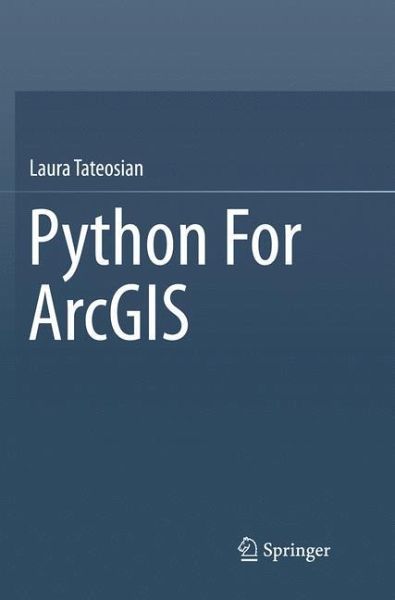
Python For ArcGIS
Versandkostenfrei!
Versandfertig in 6-10 Tagen
61,99 €
inkl. MwSt.
Weitere Ausgaben:

PAYBACK Punkte
31 °P sammeln!
This book introduces Python scripting for geographic information science (GIS) workflow optimization using ArcGIS. It builds essential programming skills for automating GIS analysis. Over 200 sample Python scripts and 175 classroom-tested exercises reinforce the learning objectives. Readers will learn to: - Write and run Python in the ArcGIS Python Window, the PythonWin IDE, and the PyScripter IDE - Work with Python syntax and data types - Call ArcToolbox tools, batch process GIS datasets, and manipulate map documents using the arcpy package - Read and modify proprietary and ASCII text GIS dat...
This book introduces Python scripting for geographic information science (GIS) workflow optimization using ArcGIS. It builds essential programming skills for automating GIS analysis. Over 200 sample Python scripts and 175 classroom-tested exercises reinforce the learning objectives. Readers will learn to: - Write and run Python in the ArcGIS Python Window, the PythonWin IDE, and the PyScripter IDE - Work with Python syntax and data types - Call ArcToolbox tools, batch process GIS datasets, and manipulate map documents using the arcpy package - Read and modify proprietary and ASCII text GIS data - Parse HTML web pages and KML datasets - Create Web pages and fetch GIS data from Web sources. - Build user-interfaces with the native Python file dialog toolkit or the ArcGIS Script tools and PyToolboxes Python for ArcGIS is designed as a primary textbook for advanced-level students in GIS. Researchers, government specialists and professionals working in GIS will also find this book useful asa reference.





